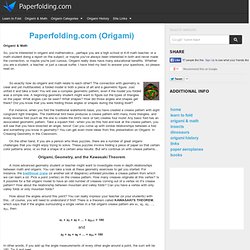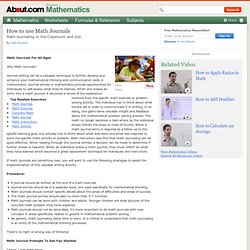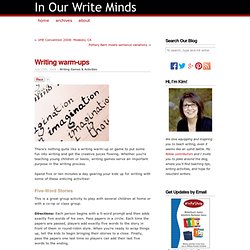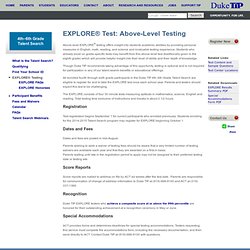

Pearltrees tips. Moscow School District #281. Planning for and Managing Differentiation. Origami & Math. Origami & Math So, you're interested in origami and mathematics...perhaps you are a high school or K-8 math teacher, or a math student doing a report on the subject, or maybe you've always been interested in both and never made the connection, or maybe you're just curious.

Origami really does have many educational benefits. Whether you are a student, a teacher, or just a casual surfer, I have tried my best to answer your questions, so please read on. So exactly how do origami and math relate to each other? The connection with geometry is clear and yet multifaceted; a folded model is both a piece of art and a geometric figure. For instance, when you fold the traditional waterbomb base, you have created a crease pattern with eight congruent right triangles. On the other hand, if you are a person who likes puzzles, there are a number of great origami challenges that you might enjoy trying to solve. Origami, Geometry, and the Kawasaki Theorem How about the angles around this point? Math journals, how to use math journals to support math achievement.
Math Journals For All Ages Why Math Journals?

Journal writing can be a valuable technique to further develop and enhance your mathematical thinking and communication skills in mathematics. Journal entries in mathematics provide opportunities for individuals to self-assess what they've learned. When one makes an entry into a math journal, it becomes a record of the experience received from the specific math exercise or problem solving activity. The individual has to think about what he/she did in order to communicate it in writing; in so doing, one gains some valuable insight and feedback about the mathematical problem solving process. If math journals are something new, you will want to use the following strategies to assist the implementation of this valuable writing activity. Procedure: Moving Cubes (no tape) Algebra Basic For Elementary School kids. Math is Fun - Maths Resources.
The GT Academy - Home. Creative writing activities for kids, teachers and parents by Bruce Van Patter. Writing warm-ups. There’s nothing quite like a writing warm-up or game to put some fun into writing and get the creative juices flowing.

Whether you’re teaching young children or teens, writing games serve an important purpose in the writing process. Spend five or ten minutes a day gearing your kids up for writing with some of these enticing activities! Five-Word Stories This is a great group activity to play with several children at home or with a co-op or class group. Directions: Each person begins with a 5-word prompt and then adds exactly five words of his own. Five-word story prompt ideas Once upon a time there . . .The mystery began when the . . .In a kingdom far away . . .Once, long ago, a tiny . . .Last week, while digging in . . .Today was far from normal! Word Association Another fun family or group exercise! Directions: Each person begins by writing a word on a piece of paper. Unrelated Words Game Messing with Modifiers This is a great vocabulary-building exercise for all ages.
Example (younger child) Spilling Ink: A Young Writer's Handbook - Spilling Ink Writer's Club. EXPLORE ® Test: Above-Level Testing. Above-level EXPLORE® testing offers insight into students academic abilities by providing personal measures in English, math, reading, and science and invaluable testing experience.

Students who already excel on grade-specific tests may benefit from this above-level test (traditionally given in the eighth grade) which will provide helpful insight into their level of ability and their depth of knowledge. Though Duke TIP recommends taking advantage of this opportunity, testing is optional and is not required for participation in any of our talent search benefits or educational offerings.
All enrolled fourth through sixth grade participants in the Duke TIP 4th–6th Grade Talent Search are eligible to register for and to take the EXPLORE test once each school year. Parents and testers should expect this test to be challenging. The EXPLORE consists of four 30 minute tests measuring aptitude in mathematics, science, English and reading. Registration Dates and Fees Score Reports Recognition.